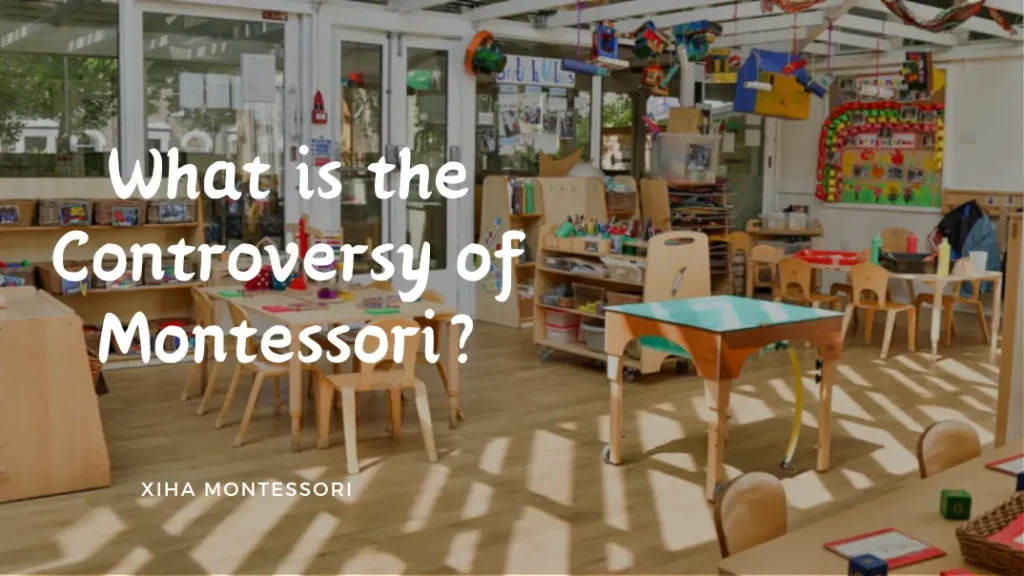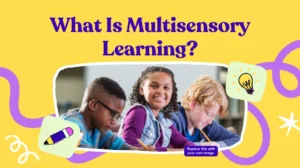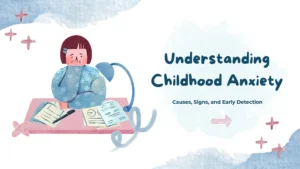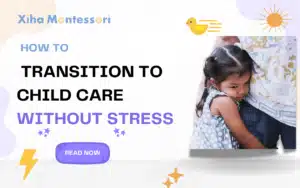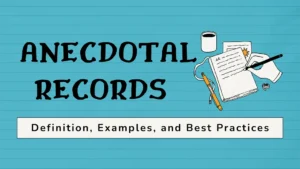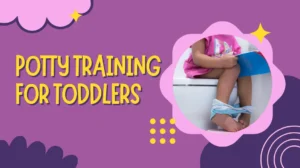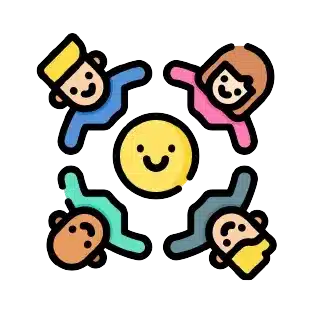The Montessori method has long been heralded for its child-centered approach and emphasis on independence. Yet, it’s not without its critics. Montessori controversy often centers on its perceived rigidity and lack of structure compared to traditional educational methods. So, what exactly is the controversy of Montessori?
The controversy of Montessori education mainly revolves around its unique philosophy and implementation. Critics argue that it may lack structure and fail to prepare children for the more traditional and rigid educational systems.
The controversy surrounding Montessori education revolves around several key points. Critics argue that the approach may be too structured or rigid for some children, emphasizing self-directed learning at the expense of teacher-guided instruction. Others question the lack of standardized assessments and traditional grading systems, raising concerns about accountability and academic readiness.
What is the Montessori Method?
Before delving into the controversy, it is important to clearly understand the Montessori method. Maria Montessori believed that children have an innate desire to learn and explore their surroundings. Her approach focuses on creating an environment that allows children to freely choose activities that interest them, work at their own pace, and develop independence and self-discipline. Montessori classrooms are typically equipped with many hands-on materials that facilitate learning through sensory experiences. The role of the teacher in a Montessori setting is that of an observer and guide rather than a traditional instructor.
The key principles of the Montessori method include:
- Respect for the child: Montessori classrooms are designed to respect the child’s natural development and provide an environment that supports their independence, self-directed learning, and exploration.
- Sensitive periods: Montessori recognized that children go through sensitive periods, or windows of opportunity, during which they are particularly receptive to certain types of learning. The curriculum and materials are tailored to these sensitive periods to optimize learning.
- Prepared environment: Montessori classrooms are carefully prepared with child-sized furniture, accessible materials, and a structured yet flexible layout that encourages independent exploration and discovery.
- Mixed-age classrooms: Montessori classrooms typically have children of different ages, usually spanning a three-year age range. This allows for peer learning, mentorship, and a more natural social environment.
- Hands-on learning: The Montessori method emphasizes hands-on, sensory-based learning, where children interact with carefully designed materials to develop their cognitive, physical, and social-emotional skills.
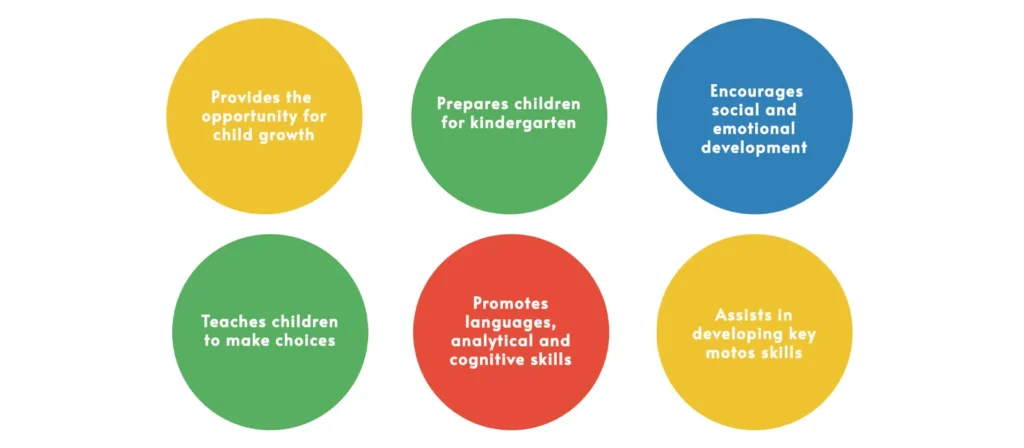
Positive Aspects of Montessori Education
One of the main benefits of the Montessori method is its focus on the individual child and his or her unique learning needs. Montessori classrooms are designed to be child-centered, allowing children to work at their own pace and choose activities that match their interests and developmental stages. This individualized approach fosters a love of learning and a sense of autonomy in children.
Montessori education emphasizes hands-on, experiential learning. Through exposure to carefully crafted materials and manipulatives, children develop a deeper understanding of concepts and can apply their knowledge practically. This hands-on approach also supports the development of fine motor skills, problem-solving abilities, and a strong sense of self-reliance.
The mixed-age classroom structure is another significant advantage of the Montessori approach. Younger children can observe and learn from their older peers, while older children have the opportunity to enhance their learning by teaching and mentoring younger students. This fosters community, cooperation, and empathy in the classroom.
The Montessori method strongly emphasizes the development of the whole child, including their cognitive, physical, social, and emotional well-being. By addressing these aspects of a child’s development, Montessori education aims to create well-rounded individuals equipped with the skills and confidence to thrive in their academic and personal pursuits.
Controversy Surrounding Montessori
While the Montessori method has gained a loyal following, several points of contention have sparked debate among educators and parents alike. Let’s take a closer look at some of the main areas of controversy:
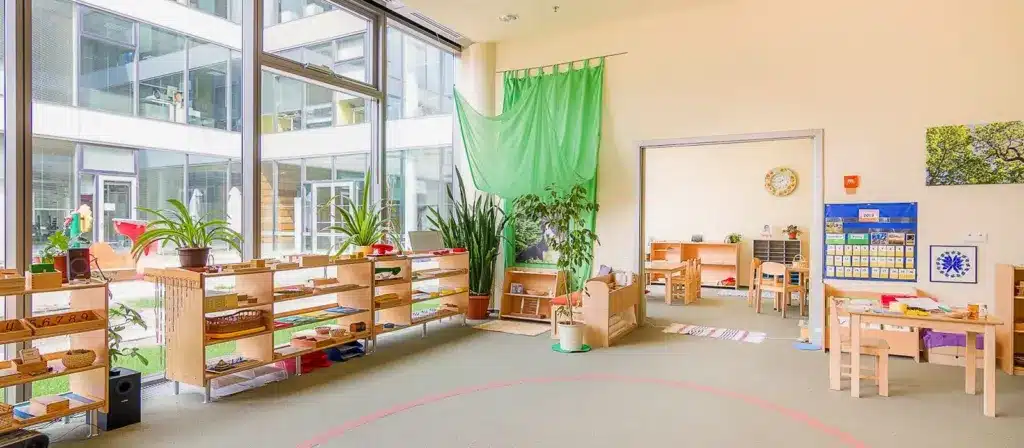
Lack of Structure and Formal Instruction
One of the criticisms against Montessori education is the perceived lack of structure and formal instruction. Traditional educational models often emphasize teacher-led lessons, standardized curricula, and a structured timetable. Critics argue that the Montessori method’s emphasis on child-led learning may result in a lack of exposure to important content and skills deemed essential by conventional educational standards.
Limited Opportunities for Socialization
Another point of contention is the belief that Montessori classrooms may not provide adequate opportunities for socialization. In a traditional classroom setting, children often interact with peers of the same age and are exposed to various social situations. Critics argue that the mixed-age classrooms in Montessori settings may limit social interactions and hinder the development of important social skills.
Potential for Unequal Attention
Montessori classrooms promote individualized learning and allow children to work independently. While this approach is often seen as a positive aspect, critics argue that it can lead to unequal attention being given to students. In a classroom where children are encouraged to work independently, some students can receive less guidance and support from teachers, potentially resulting in gaps in their learning.
Limited Focus on Academic Skills
The Montessori method emphasizes holistic development and acquiring life skills rather than solely focusing on academic skills. While this approach is often praised for fostering creativity, independence, and critical thinking, critics argue that it may not adequately prepare children for standardized testing and academic benchmarks that are important in traditional educational settings.
Misinterpretation and Lack of Consistency
Lastly, one of the controversies surrounding Montessori education is the misinterpretation and lack of consistency in its implementation. As the popularity of the Montessori method has grown, there has been a proliferation of schools and programs claiming to follow this approach. However, not all adhere to the true principles and practices set forth by Maria Montessori. This lack of consistency can lead to confusion and misrepresentation, making it difficult for parents and educators to know what to expect from a Montessori education.
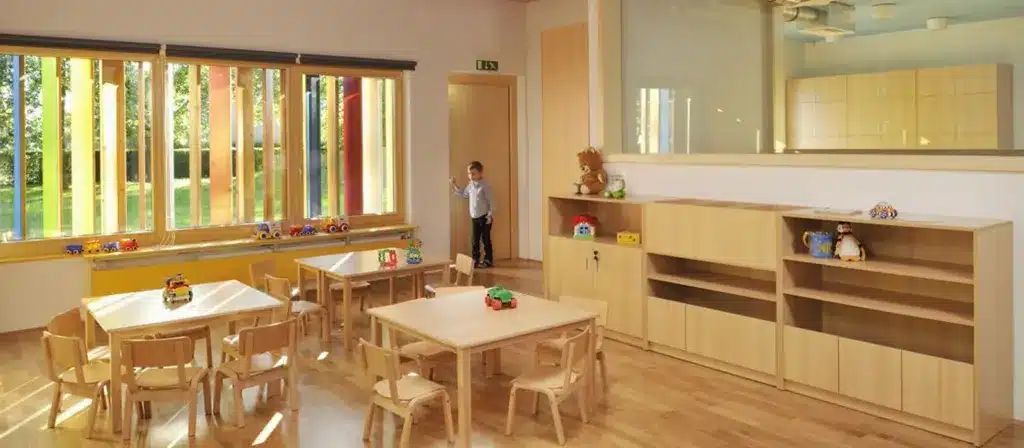
Critics’ Concerns About Montessori Education
One of the primary concerns raised by critics of the Montessori method is the lack of standardized testing and traditional grading systems. They argue that this approach may not adequately prepare children for the academic demands of traditional educational environments, where standardized testing and grades are the norm.
Critics also express concerns about the level of discipline and structure in Montessori classrooms. They suggest that the emphasis on self-regulation and minimal teacher intervention may create a lax environment where children lack the necessary guidance and direction. Some critics believe that children need a more structured and teacher-directed approach to learning to develop essential skills and knowledge.
Another criticism of the Montessori method is the cost of Montessori education, which can be financially inaccessible for many families. This has led to concerns about the equity and inclusivity of the Montessori approach, as it may be perceived as elitist or only available to those who can afford the tuition.
Montessori vs. Traditional Education
While the Montessori method and traditional education share the common goal of educating and nurturing children, they differ significantly in their approaches and philosophies.
The Montessori method emphasizes a child-centered, hands-on approach to learning, where children are encouraged to explore and discover at their own pace. In contrast, traditional education often follows a more teacher-directed, standardized curriculum focusing on acquiring knowledge and skills through lectures, textbooks, and standardized assessments.
In a Montessori classroom, the teacher is primarily an observer and facilitator, guiding the children to participate in the prepared environment and materials. In a traditional setting, the teacher is usually the primary source of information, teaching the curriculum and guiding the learning process.
The learning environment is also vastly different between the two approaches. Montessori classrooms are designed to be aesthetically pleasing, organized, and accessible to children, with child-sized furniture and materials that encourage independent exploration. Conversely, Traditional classrooms may be more teacher-centric, with desks arranged in rows and a focus on whole-class instruction.
Research and Studies on Montessori Education
The effectiveness of the Montessori method has been the subject of numerous research studies and academic investigations. While the findings have been mixed, there is growing evidence that Montessori education can positively impact children’s educational, social, and emotional development.
A longitudinal study by researchers at the University of Virginia found that children who attended Montessori schools demonstrated higher academic achievement, social competence, and executive function skills than their peers in traditional schools. The study also suggested that the benefits of Montessori education were particularly pronounced for children from disadvantaged backgrounds.
Another study published in Science found that children in Montessori preschools outperformed their non-Montessori peers on measures of academic achievement, including math and literacy skills and social and behavioral outcomes.
However, not all research has been uniformly positive. Some studies have found that the benefits of Montessori education may be more pronounced in the early years, with the advantages diminishing as children progress to higher grades. Additionally, some research has suggested that the quality of Montessori implementation can vary significantly, with inconsistencies in adherence to the method’s principles potentially impacting student outcomes.
It’s important to note that the research on Montessori education is ongoing, and the debate about its effectiveness compared to traditional educational approaches continues. Ultimately, the success of Montessori education may depend on factors such as the school’s quality, the teachers’ training and experience, and the individual needs and learning styles.
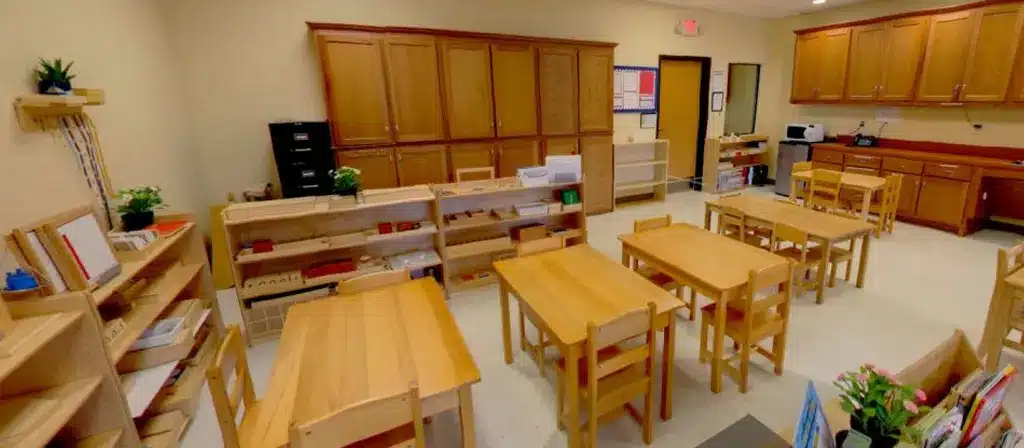
Is Montessori Right for Your Child?
Ultimately, the decision to enroll a child in a Montessori program is a personal one that depends on the individual needs and values of the child and their family. While the controversies surrounding Montessori should be considered, it is important to remember that no educational approach has drawbacks. What works for one child may not work for another, and different children thrive in different learning environments.
In conclusion, the controversy surrounding Montessori education stems from differing views on the effectiveness and suitability of this approach for all children. While some praise the method for its emphasis on independence and hands-on learning, others raise concerns about the lack of structure and potential gaps in academic preparation. As with any educational philosophy, it is important for parents and educators to thoroughly research and understand the Montessori method before making a decision. By doing so, they can make an informed choice that best meets the needs of the child in question.
Conclusion
The controversy surrounding the Montessori method is a complex and multifaceted issue that reflects the ongoing debates and differing perspectives in the field of education. While the Montessori approach has many positive aspects, such as its focus on individualized learning, hands-on experiences, and the development of the whole child, it has also faced criticism and concerns from some parents, educators, and policymakers.
The primary areas of controversy include the lack of standardized testing and traditional grading systems, the level of discipline and structure in Montessori classrooms, the cost and accessibility of Montessori education, and the lack of a standardized Montessori curriculum.
As the research on the effectiveness of Montessori education continues to evolve, engaging in open and balanced discussions that consider diverse perspectives and concerns is essential. By understanding the nuances of the controversy, parents, educators, and policymakers can make informed decisions about the suitability of the Montessori method for their children and communities.

